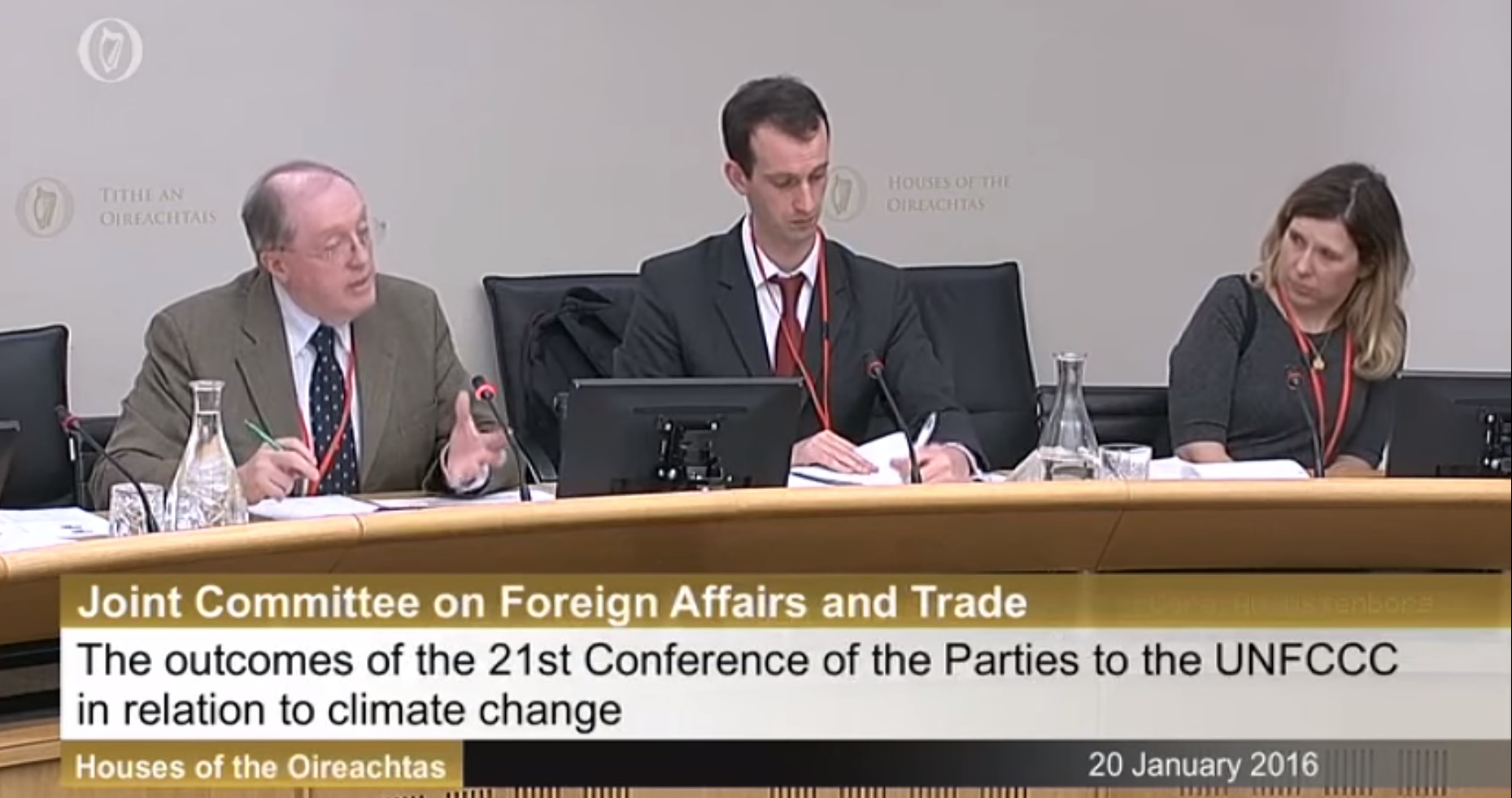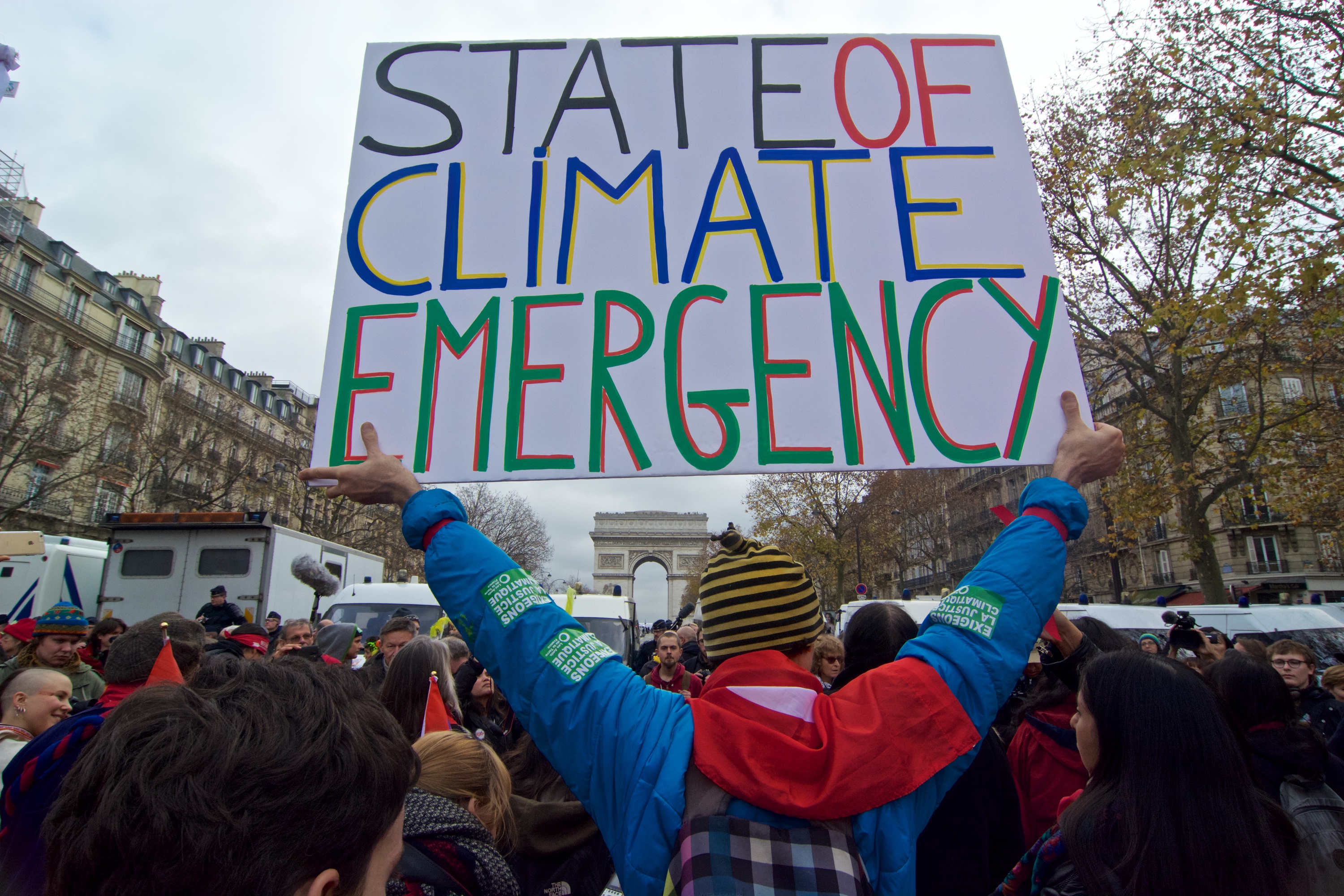Climate Change may drive steady decline in the fisheries yields by 2300

March 14th, 2018
Projected increases in greenhouse gas emissions could suppress marine biological productivity for a thousand years or more, a new study has found.
The study in Science found that as the climate warms, westerly winds in the Southern Hemisphere will strengthen and shift poleward, surface waters will warm, and sea ice will disappear.
Researchers warn that one effect of these changes will be a dramatic decrease in marine biological productivity and drive a redistribution of nutrients to the deep ocean.
This could drive a decline in the global fisheries yields by 20 per cent around the globe and by 60 per cent in the North Atlantic by 2300.
Researchers used computer simulations to show a world subjected to three more centuries of continued global warming. In this scenario, wind patterns will be altered, ocean temperatures will rise and most of the sea ice in Polar Regions will be melted.
Consequently, ocean circulation around Antarctica will change, the study finds, altering the natural flow of nutrients, which will sink into the deep ocean and become trapped there.
This will reduce the delivery of nutrients to other areas of the ocean, particularly in the north, starving the food chain, the study finds.

Photo: Fablegros/Pixabay
In today`s oceans, nutrients are brought to the surface around Antarctica and then move north, supporting the plankton and fish populations in that area.
“The climate is warming rapidly now, but in the ocean, most of that added heat is still right at the surface. It takes centuries for that heat to work its way into the deeper ocean, changing the circulation and removing the sea ice, which is a big part of this process,” said lead author J. Keith Moore.
“This is what’s going to happen if we don’t put the brakes on global warming and it’s pretty catastrophic for the oceans,” he warned.
“There is still time to avoid most of this warming and get to a stable climate by the end of this century, but in order to do that, we have to aggressively reduce our fossil fuel use and emissions of greenhouse gas pollutants.”
[x_author title=”About the Author”]






